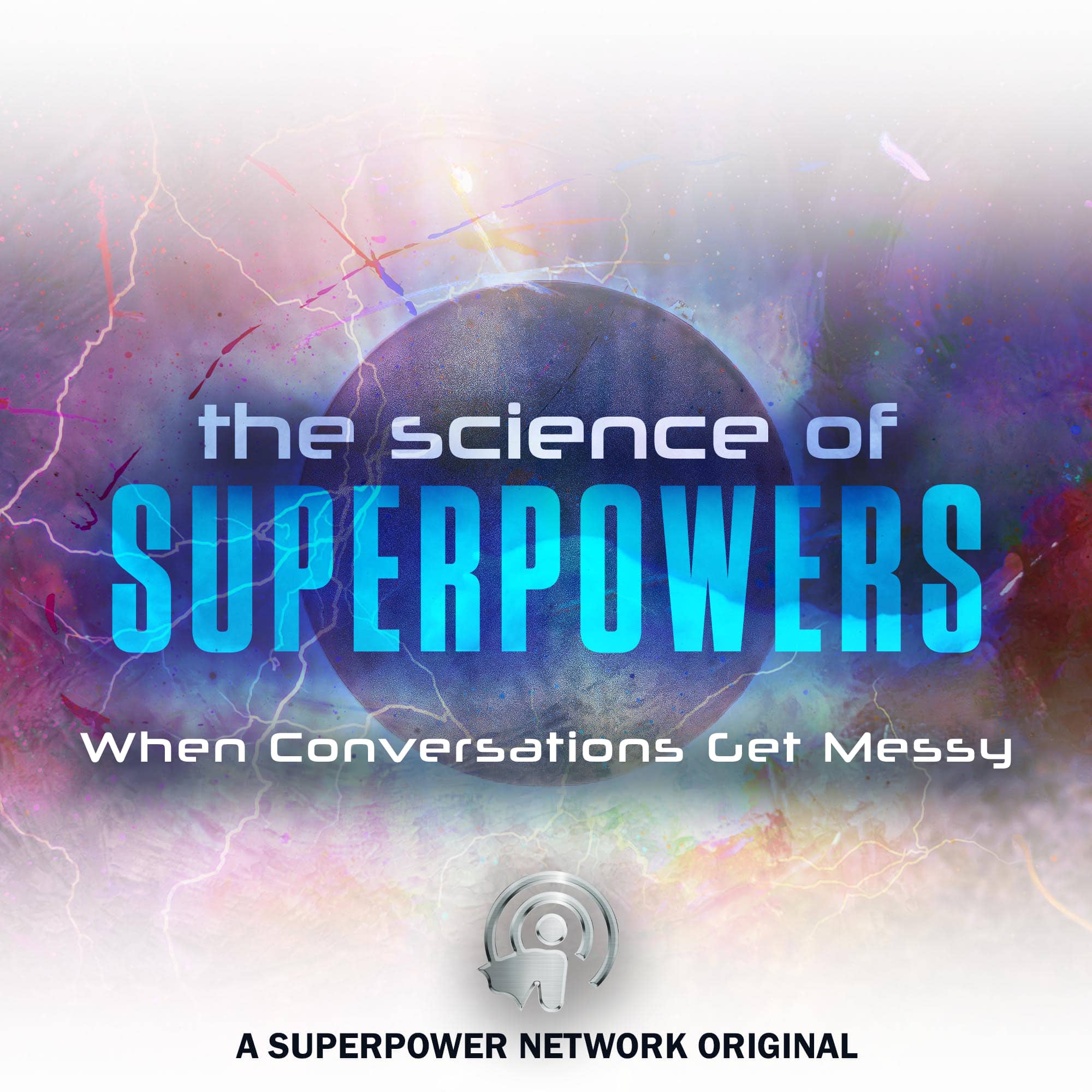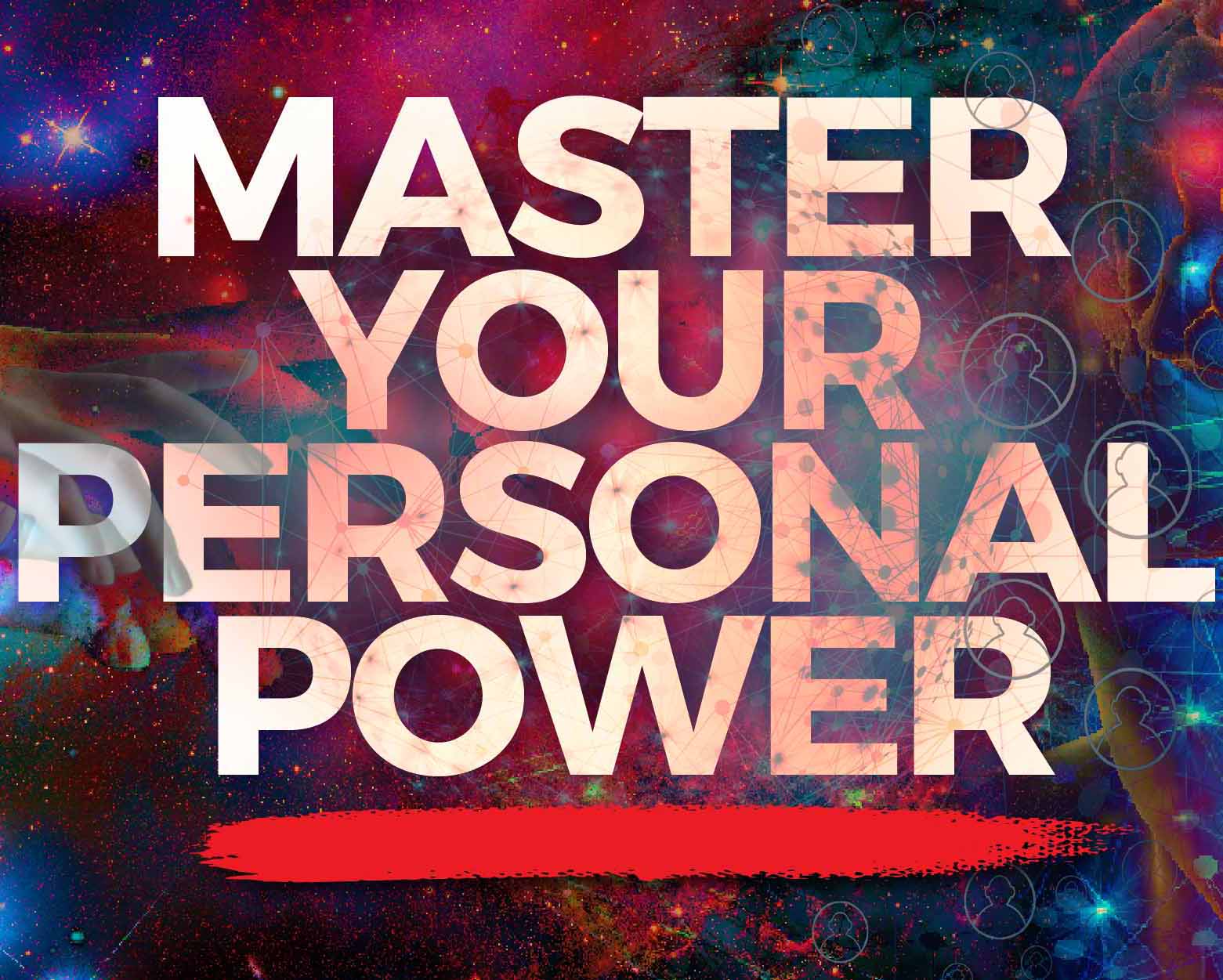
When Conversations Get Messy
What will you do when conversations get messy? In this episode of Science of Superpowers, host Tonya Dawn Recla welcomes guest Jack Lessenberry. Jack is the author of the book, Reason Versus Racism: A newspaper, family and justice. And so, Tonya and Jack’s topic revolves around how to handle messy conversations. They talk about everything that isn’t supposed to be talked about — religion, race, and personal relationships. This episode is about getting messy, making mistakes, and possibly tackling the incorrect thing. Yet, we will make amends by meeting each other in love and grace. Tune in to know what happens when conversations get messy!
Tonya Dawn Recla:
Hello everybody. And thank you so much for joining us again. I love having you back here. These conversations just light me up and today’s is no exception. Today’s conversation is so near and dear to my heart. As you all know, the willingness to meet each other in spaces of mutual respect, kindness, and politeness. Right? Just downright decency so that we can maybe push the needle a little bit on understanding each other a little bit better. And start looking at ways of doing things perhaps more creatively in ways that even might enrich all of us. Right? And so that’s really near and dear in the heart here of both me as well as the organization. That’s what it’s founded on, is this willingness to bring everyone into the same conversation and the willingness to get everyone to work together. Those of you who’ve read my book know that those were the marching orders. Right? Like to someone who wasn’t really interested in those, it’s their marching orders.
So that’s sort of where I found myself and the journey I’ve been on. And so I get really excited when I meet up with others in reality who are tackling conversations in ways that are just bold. And a willingness to say, hey, maybe there’s something here we can learn, or maybe there’s something we don’t know. And it can offer us a different perspective. And so today’s conversation is all around when conversations get messy. Right? And we talk about all the things that you’re not supposed to talk about. Religion, race, relationships. We do all of that here. And so we’re willing to get messy and to mess up and to maybe say the wrong thing. And to atone for that and to meet each other in love and grace.
And so today’s guest is Jack Lessenberry, who amongst other things dove head-on into a pretty sizable controversy over the last few years in his book, Reason vs. Racism: A Newspaper Family, Race, and justice. And it’s a phenomenal story around getting into something and really peeling back the layers. Get messy with it so that you can shine some light on it. I’m really excited about his perspective and sort of his approach to life. And maybe we can learn something about that courage to just start having conversations even when they’re messy. So, Jack, thank you so much for joining us today. I’m excited about this chat.
Jack Lessenberry:
It’s an honor to be here, Tonya.
Tonya Dawn Recla:
Oh, beautiful. Well, the honors are definitely ours. And we’ll jump in here and share with our listeners. What are your superpowers and how are you using them for good?
Jack Lessenberry:
Well, I’ve never thought of myself as having any superpowers and I’ve never been tempted to change into my costume in a phone booth. But, to the extent that I have any talents, they have to do with writing and communication, and research. But, I think maybe my best feature is the capacity to be interested in almost anything. And that’s what journalists, of course, I was trained as a journalist, do. And I think it is very helpful. And I also think to the extent that I bring anything of value to projects is that I have a vast knowledge of history and a sense of history. And I think that helps inform everything I do.
Tonya Dawn Recla:
Beautiful. And I agree with that. One of the things I really enjoyed about the book was its history of it. Right? I think it’s super important. We get really skewed perspectives, I think if we’re not willing to go back through and put lenses on, of different timeframes and different ideas. Because we have a tendency of looking at things through the lens that we currently view the world in and think that that’s an accurate depiction.
And what you, and you credit your wife, Elizabeth, with a lot of the research also, really did a great job of was sort of painting a picture into a world that none of us have a recollection of being a part of. In the way that we understand the world now. And so you did a great job of saying, hey, we’ve got to be willing to remember what the world looked like at that point in time. And so could you share a little bit with our listeners? We’ll just tease them a little bit about the idea behind the book, how you got involved all with the project. And then we’ll talk about that after the break.
Jack Lessenberry:
I’d be glad to, but I also want to praise something you said, which I think is very important. That when you judge people in other time periods, you have to put yourself in that time period to see what the world was like then. Not that doesn’t mean you ever excuse somebody like Hitler. But when you look at how people behaved and how people acted, you have to think every man is a product and a prisoner of the time and place they’re in. Every man and every woman. And I think especially with race relations.
Now, this whole project came about in an interesting way. Most newspapers used to be family-owned. Now almost none of them are. But there’s a family, the Block family, which still owns newspapers in Pittsburgh and Toledo. And used to own them in a lot of places all over the country. And they had had an editorial that had caused them to be accused of being racist. I thought it was a very clumsily written editorial, and I didn’t agree with it. I didn’t think it was racist.
But the CEO of the company, and I’ve had a relationship as a consultant and a long time ago a reporter for this family for well over 40 years. The CEO of the company said that he thought they’d had a good record on race relations. And he asked if I’d be willing to write and research a book about their entire history. And I said I would do that under the condition that I wrote whatever I found. That there wasn’t going to be censorship and that if something didn’t look I knew some of their history and what I knew was good, but that if I saw something that wasn’t good, I was going to write that.
And he agreed with that. No reservations. And he said, well, I want you to read every page of every newspaper we ever published. I said, Alan, I said, nobody could do that. Your grandfather owned papers longer than the country. But he said, well, do the best you can. And I said, well, I’d have to go to most of these cities, these newspapers are not online. Some of them are, but most of them aren’t. And I’d have to go and sit in local libraries and look at the microfilm. He said we’ll do that. We’ll pay for it. And then I had the bright idea, Elizabeth, who shares my life, I’m lucky enough to have her share my life with me, is an archivist in a library. And we work very well together. And I said, well, how about if I take her along?
And he thought that was a good idea, too. And she’s much more technologically skilled than I am as far as saving things on thumb drives, things like that, that everybody under the age of 30 is born knowing how to do. And I am almost 70 and I can’t. So we researched this, we found some very, very fascinating material. And of course, I was helped by the fact that you have to realize that the way people saw the world in 1920, 30, 40, even 60 is entirely different from the way they do now.
Tonya Dawn Recla:
Beautiful, beautiful. Well, folks, I know you’re intrigued by that. The story gets even better. So stay tuned, because we’re going to come back from the break and we’re going to learn so much more about Jack’s experiences in all of this. And of course his other wisdom in so many areas. Jack, where can we send people who want to find out more about you?
Jack Lessenberry:
Well, I would recommend my website which is lessenberryink.com. And if you want to find the book it’s available on Amazon, but we’ll talk more about that later.
Tonya Dawn Recla:
Beautiful. And we’ll have links on the episode page for you all also. Go and check that out. And as well, make sure that you’re looking into that community over at Superpower Experts. If you’ve been listening to the podcast, you know this is where our guests and our listeners and our hosts and our other community members connect and get messy in conversations. We get to know each other and we learn how to navigate some of these waters together so that we can come up with creative solutions for a better future. Thank you all for listening. Stay with us. We’ll be right back with Jack Lessenberry. We’re talking all about when conversations get messy. Stay tuned.
For the best listening experience, download the Superpower Network App
Podcast: Play in new window

